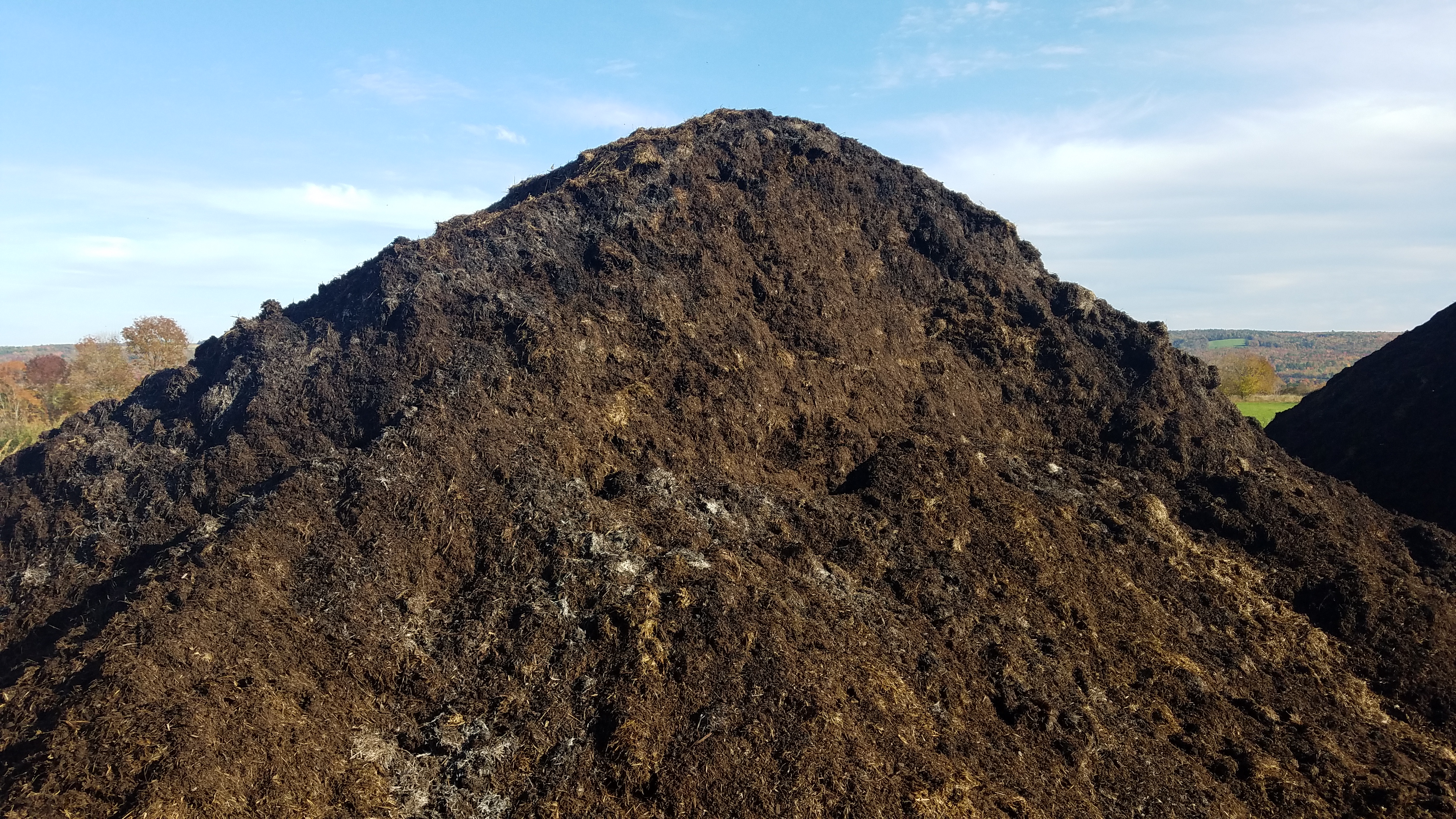
Food safety tips for fruit & vegetable growers
By Ollie Cultrara, VT Agency of Agriculture, Food & Markets
Many fruits and vegetables are eaten raw, so it is important to protect produce from being contaminated with harmful pathogens beginning at the farm. Soil amendments of animal origin, like manure, are important for soil fertility but can also contain pathogenic microorganisms. The following produce safety practices can help you identify and reduce contamination risks from soil amendments.
Know your source
Soil amendments from animal sources include manure; blood, bone, or feather meal; worm castings; and fish emulsion. These amendments can contain pathogens such as Salmonella or E. coli, but not all have the same level of risk. Amendments that undergo validated, controlled treatment processes to reduce the presence of harmful microorganisms, such as aerobic composting or heat treatment, are considered lower risk. Untreated amendments, such as raw or aged manure, have a higher risk of containing pathogens.
Handle with care
Locate manure and compost piles downslope from fields where produce is grown and/or separate piles from growing areas with a vegetated buffer . Covering piles can also prevent potential pathogens from spreading via runoff, wind, or wildlife. Keep treated amendments, such as finished compost, separate from untreated amendments like raw manure. To prevent cross-contamination, use dedicated equipment and clothing when handling soil amendments and/or clean equipment and clothing between handling amendments and produce.
Apply appropriately
Pathogens can survive in soil for long periods. Maximize the time between applying amendments and harvesting produce. The National Organic Program’s 90/120 day harvest interval guidelines are a good starting point. Apply amendments in a way that minimizes potential contact with the edible portion of the crop during and after application. Plan applications of higher risk amendments like manure for lower-risk field rotations, such as cover crops or produce that is rarely eaten raw, like winter squash.
Next steps
The Food Safety Modernization Act (FSMA) Produce Safety Rule (PSR) sets a standard for preventing contamination from biological soil amendments of animal origin. Whether or not your farm is subject to the PSR requirements, the Vermont Agency of Agriculture’s Produce Program can help you take the next step in developing a culture of food safety on your farm. Contact the Vermont Produce Program at AGR.FSMA@vermont.gov or (802) 461-5128. For more information, visit our Produce Safety Resources page.

